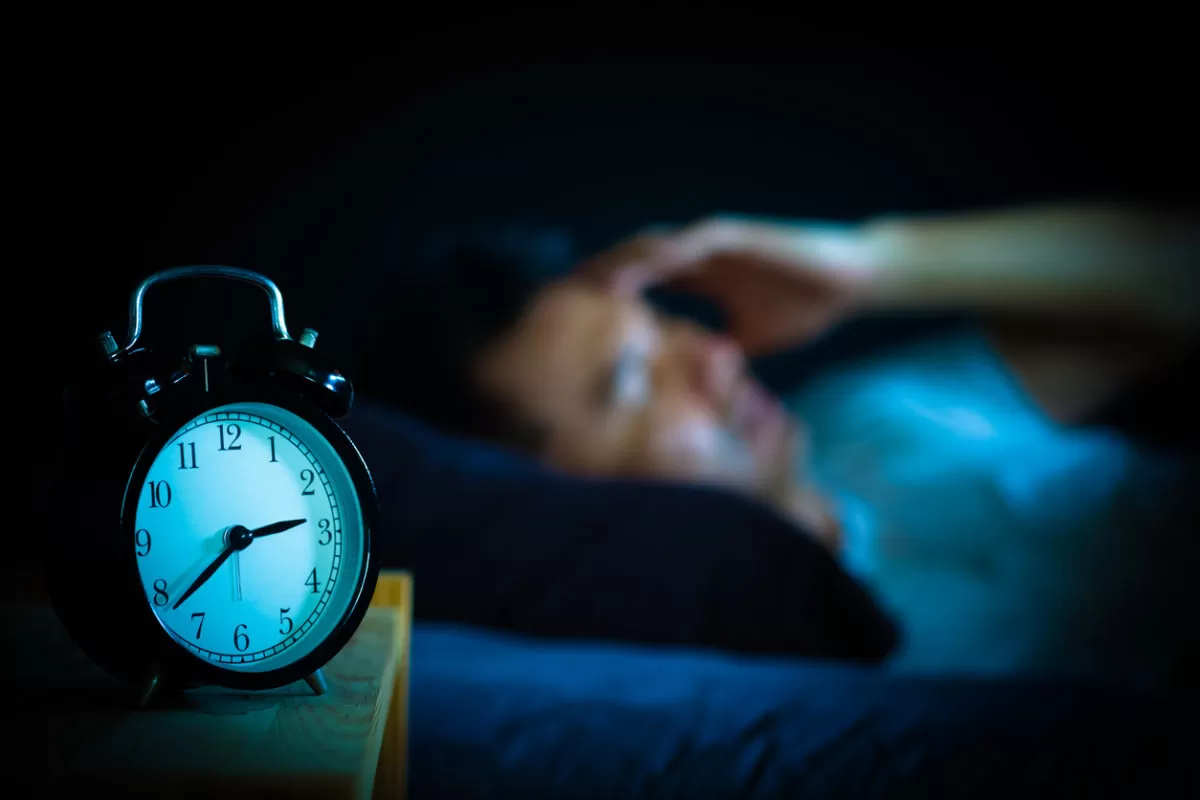
Sweating in your sleep, also known as night sweats, can be a frustrating and uncomfortable experience. If you’re waking up in the middle of the night drenched in sweat, you may be wondering what’s causing this issue and how you can find relief. In this article, we’ll explore the causes and treatment options for sweating in your sleep.
Symptoms of Sweating In Your Sleep
Night sweats can be a distressing experience that can cause several uncomfortable and disruptive symptoms. If you experience sweating in your sleep, you may wake up feeling damp or wet, and you may need to change your clothes or bedding. The sensation of being drenched in sweat can make it difficult to fall back asleep, causing you to feel restless and fatigued throughout the day.
In addition to the sensation of sweating, night sweats can also cause other physical symptoms. You may experience chills or shivering, as your body cools down rapidly after sweating excessively. The rapid temperature fluctuations can be uncomfortable, and it can be challenging to find a comfortable temperature in which to sleep. Heart palpitations, or a racing heartbeat, can also occur in response to the body’s temperature changes during sweating in your sleep.
Night sweats can also affect your emotional state, causing you to feel anxious, irritable, or even depressed. The lack of quality sleep can lead to daytime fatigue, making it difficult to focus and complete daily tasks.
In some cases, sweating in your sleep can be a symptom of an underlying medical condition. If you experience any other symptoms, such as fever, cough, or weight loss, it is essential to speak with your healthcare provider to identify the underlying cause of your night sweats.
Overall, sweating in your sleep can be a distressing and disruptive experience that can impact your quality of life. Identifying the underlying cause of your night sweats and seeking appropriate treatment can help alleviate these symptoms and improve your sleep quality.
Causes of Sweating In Your Sleep
There are several potential causes for sweating in your sleep:
- Hormonal Changes: Hormonal imbalances, such as those that occur during menopause or pregnancy, can affect the body’s temperature regulation, leading to excessive sweating.
- Medications: Certain medications, such as antidepressants, blood pressure medications, and steroids, can cause night sweats as a side effect.
- Infections: Night sweats can be a symptom of an underlying infection, such as tuberculosis, HIV, or a bacterial or viral infection.
- Sleep Apnea: Sleep apnea is a condition where breathing is interrupted during sleep. It can cause excessive sweating during the night, as well as snoring and waking up gasping for air.
- Anxiety and Stress: Stress and anxiety can cause the body to release hormones that raise body temperature, leading to sweating in your sleep.
Treatment Solutions for Sweating In Your Sleep
There are several treatment options for sweating in your sleep:
- Addressing Underlying Health Issues: If your sweating in your sleep is caused by an underlying health issue, such as an infection or hormonal imbalance, treating the underlying issue can help alleviate night sweats.
- Adjusting Room Temperature: Keep your bedroom at a cooler temperature and use lightweight, breathable bedding to help regulate your body temperature and reduce sweating.
- Avoiding Triggers: If you’re experiencing night sweats as a side effect of medication, talk to your doctor about potential alternatives. Additionally, avoiding caffeine, alcohol, and spicy foods before bed can help reduce sweating.
- Compounding Medication: Compounding medication is a personalized treatment option that involves creating customized medication solutions for each patient. Compounding pharmacists can create a unique formulation to address the specific underlying causes of your sweating in your sleep. These formulations can include a combination of ingredients to help regulate body temperature, such as melatonin, clonidine, and gabapentin.
Compounding medication is a particularly effective treatment solution for those who have not found relief from other treatment options or have experienced negative side effects from traditional medications. With compounding medication, you can work with a healthcare provider to create a personalized solution that addresses the specific causes of your sweating in your sleep.
BHRT to Alleviate Sweating in Your Sleep
Bio-Identical Hormone Replacement Therapy (BHRT) is a treatment option that may help alleviate night sweats caused by hormonal imbalances. BHRT involves using hormones that are chemically identical to those produced naturally by the body. By replenishing the body’s hormone levels, BHRT can help regulate body temperature and reduce night sweats. A healthcare provider can work with you to develop a personalized BHRT treatment plan based on your individual hormone levels and symptoms.
BHRT can be an effective treatment option for women experiencing menopause-related night sweats or those experiencing night sweats due to hormonal imbalances. However, it’s essential to discuss the potential risks and benefits of BHRT with your healthcare provider to determine if this treatment option is appropriate for you.
Conclusion
In conclusion, sweating in your sleep can be a frustrating and uncomfortable experience, but there are treatment solutions available. By understanding the potential causes of night sweats and exploring various treatment options, you can find relief and get a better night’s sleep. If you’re experiencing sweating in your sleep, talk to your healthcare provider about possible solutions.
Disclaimer: This article is meant for educational and entertainment purposes only. Do not substitute it for medical advice. Always listen to your doctor for the management of your condition.

 info@burtsrx.com
info@burtsrx.com
